Pediatric Tumors: Rhabdomyosarcoma
- Classification of rhabdomyosarcoma (RMS) into groups and variants has led to improved understanding of disease prognosis and the need for tailored intervention.
- Multiagent chemotherapy with surgical excision and/or therapeutic radiation has led to an overall improvement in 5-year survival of RMS from 25 to 75% between 1970 and 2010.
- Despite improvement in survival of low- and intermediate-risk RMS patients, patients with high-risk RMS or recurrent disease continue to respond inadequately to treatment and have poor survival outcomes.
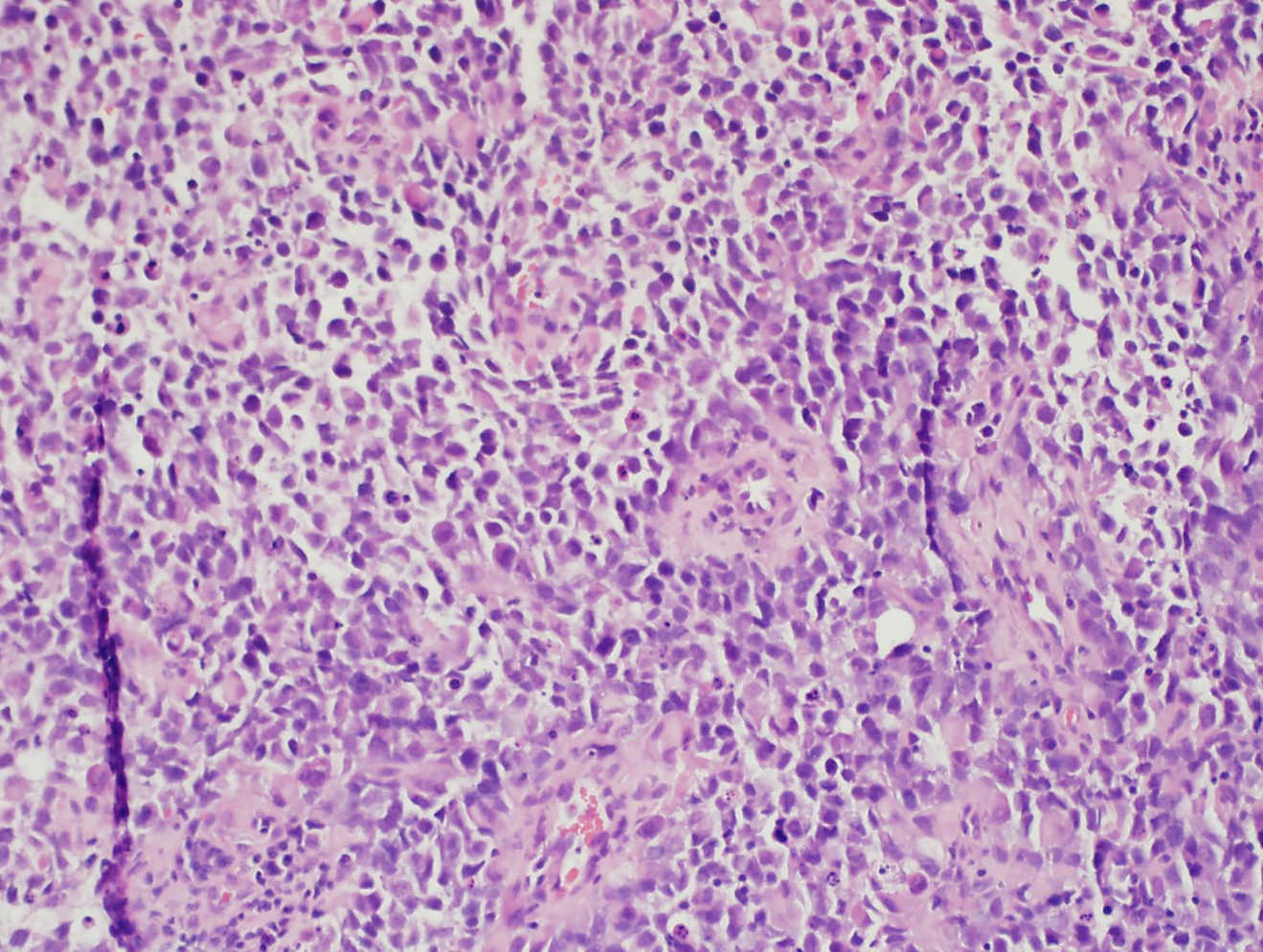
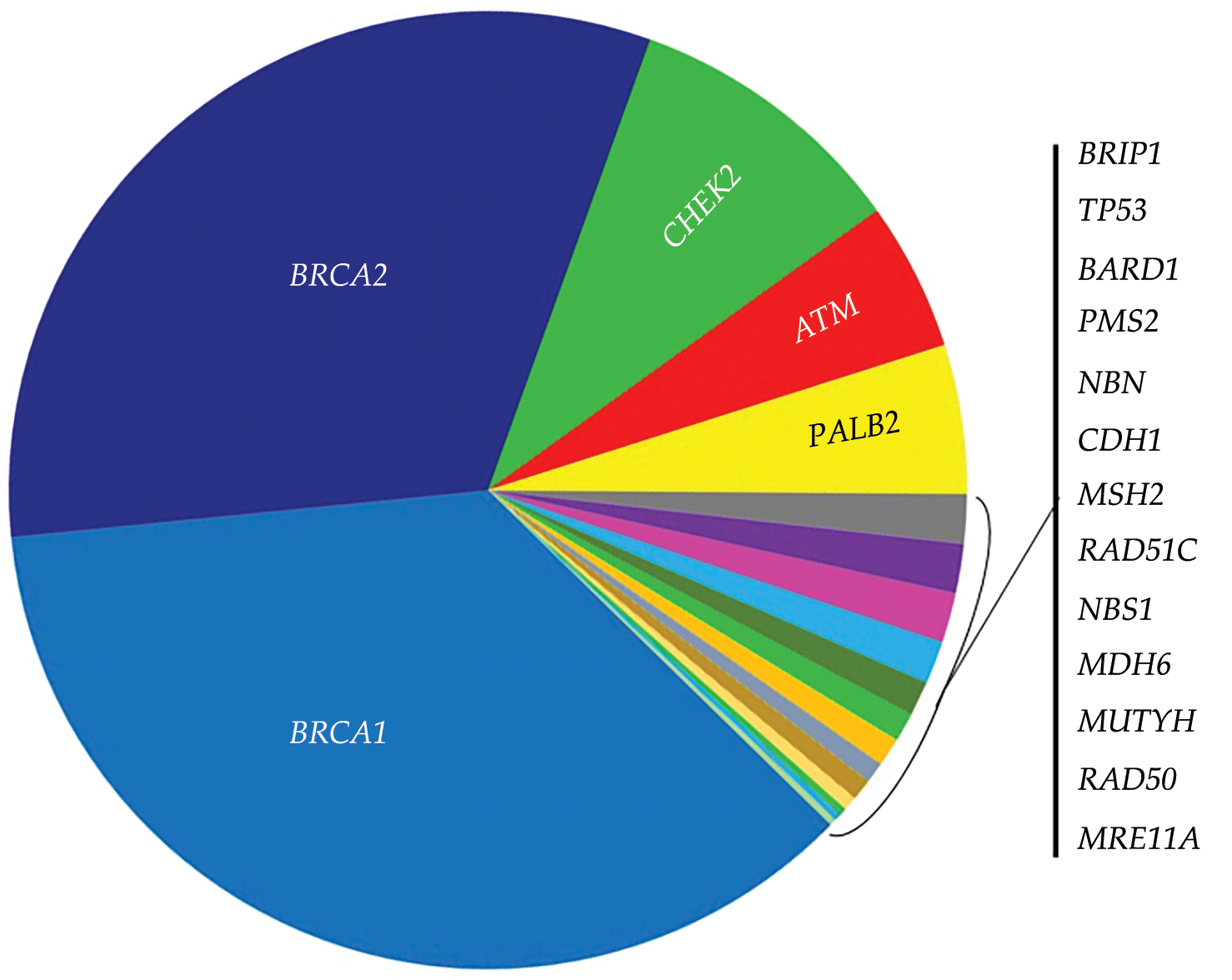
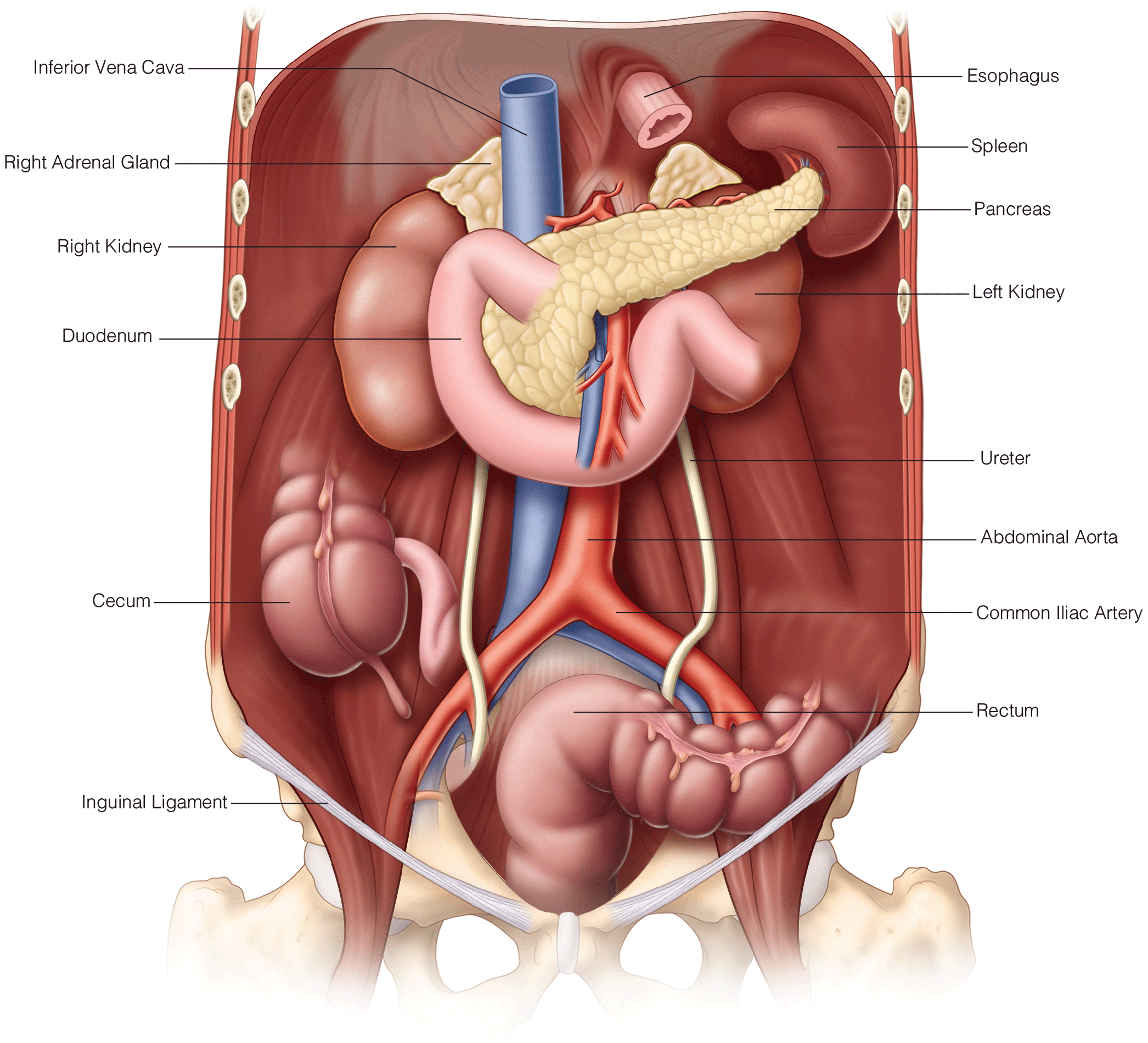
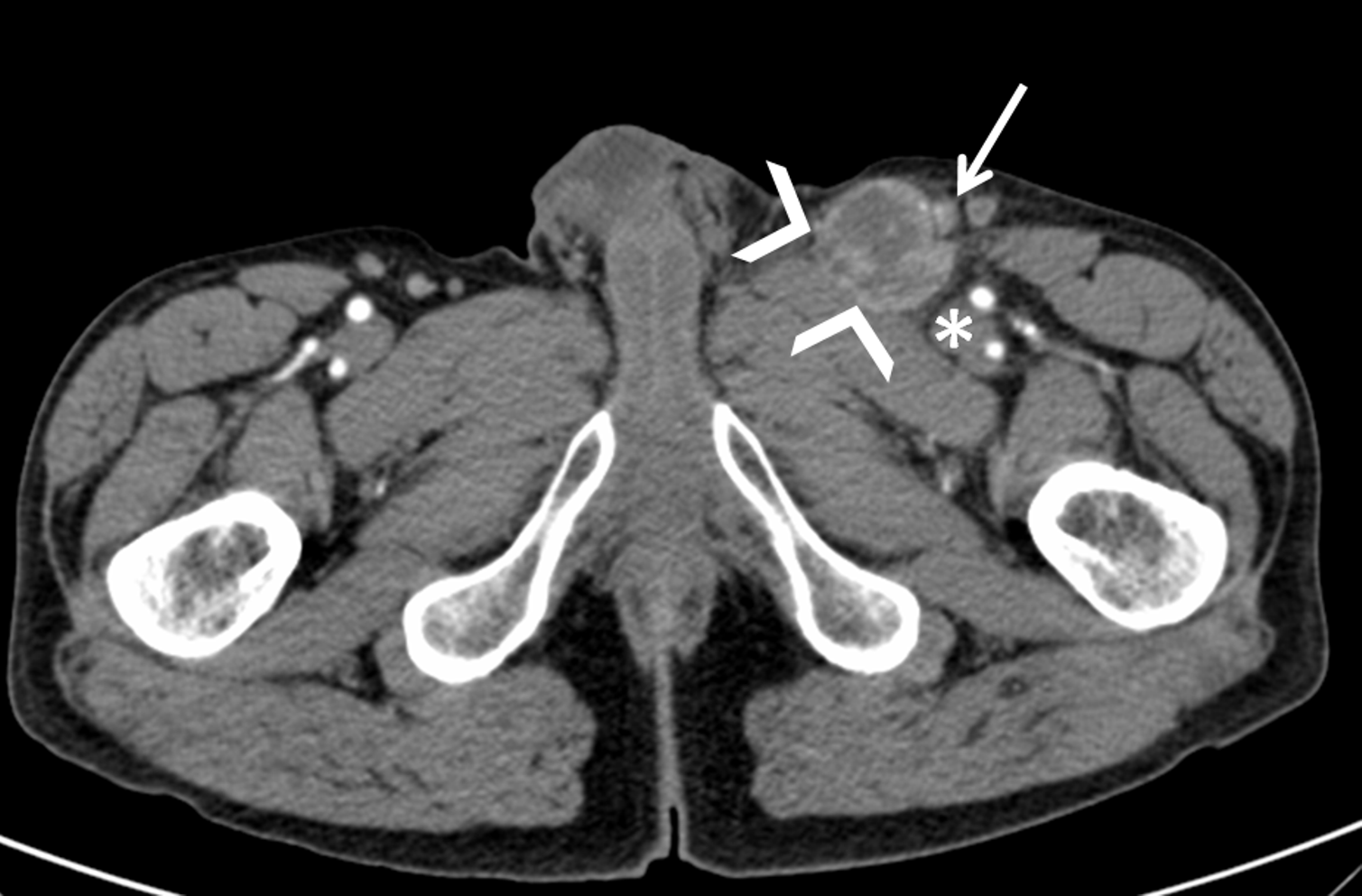
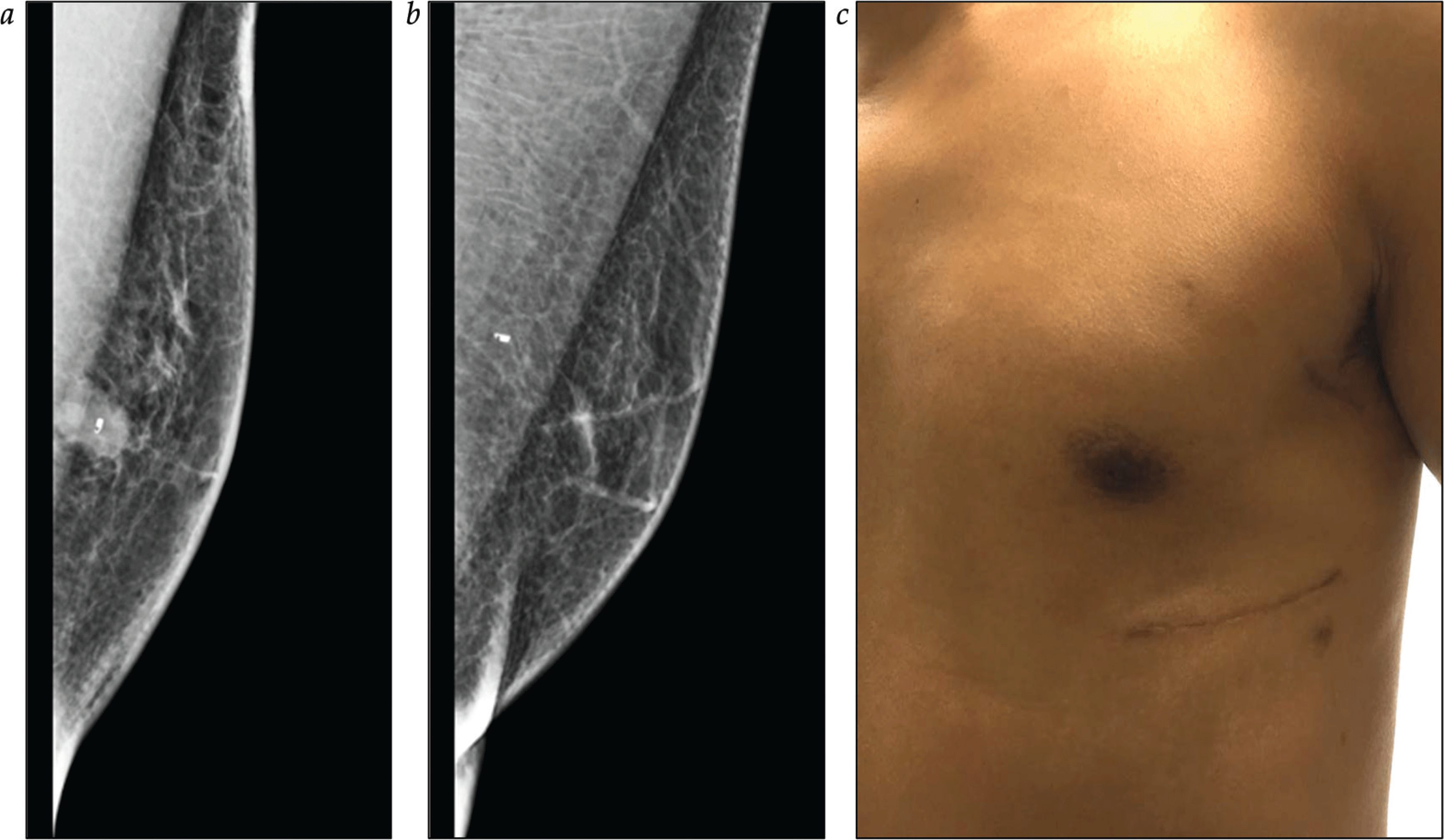


.png)







